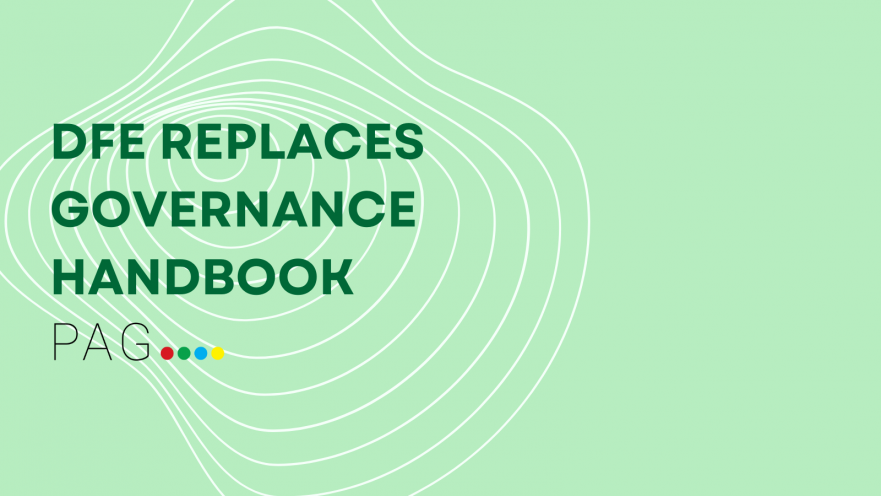New Governance Guides for Schools and Academy Trusts:
A Simplified Approach
The Department for Education (DfE) has taken a significant step forward in the realm of educational governance by releasing two specialised guides aimed at maintained schools and academy trusts, effectively replacing the previous DfE Governance Handbook updated in January 2017. This move marks a pivotal shift towards simplification and focus in governance documentation, offering a fresh perspective on how schools and trusts can navigate their governance structures.
In an effort to make governance more accessible and less daunting, the DfE has reduced the word count of the new governance handbooks, ensuring that the content is not only easier to digest but also more focused on key areas of importance. This streamlined approach highlights the DfE's commitment to providing clear and concise resources that directly benefit governance practices without overwhelming the readers with excessive information.
Incorporation of National Governance Assoc. Resources and Support?
A notable feature of the new guides is the incorporation of various resources from the National Governance Association (NGA), underscoring a collaborative effort to enhance governance standards across the board. Despite the removal of the Competency frameworks for governing boards and governance professionals by the DfE, the NGA continues to support the sector with comprehensive board evaluation resources and a dedicated career pathway for governance professionals, ensuring that the governance community remains well-supported and informed.
A Focus on Engagement and Relationship Building
One of the standout elements of the trust guide is its emphasis on engagement as a crucial aspect of governance. This shift towards prioritising stakeholder engagement and community relationships reflects a broader understanding of governance as not just a mechanism for oversight and accountability, but also as a platform for building meaningful connections within the school community. The NGA's advocacy for stakeholder engagement as a core function of governance since 2017 has clearly influenced this new direction, highlighting the importance of collaborative and inclusive governance practices.
Practical Guidance for Effective Governance
The new governance handbooks offer practical advice on a range of governance issues, from strategic leadership to fostering collaboration and inclusivity. By focusing on essential insights and avoiding an overload of operational details, the DfE aims to support governing boards in their mission to make a positive impact within their communities. The inclusion of a streamlined statutory policies list is a direct response to feedback from the NGA, demonstrating the DfE's willingness to listen to and act on the advice of governance experts.
Embracing the Future of Governance
The introduction of these new governance guides represents a significant milestone in the evolution of school and trust governance. By simplifying the guidance, focusing on key areas of governance, and promoting engagement and community relationships, the DfE and NGA are paving the way for a more effective and inclusive approach to governance. As schools and trusts adapt to these new resources, the overarching message is clear: if your governance practices are working, keep going. With little fundamental change to the core principles of governance, these guides serve as a refined toolset for governing boards and professionals alike, encouraging them to continue their vital work with renewed focus and support.
In conclusion, the new governance guides are more than just documents; they are a testament to the evolving landscape of educational governance, reflecting a deeper understanding of the complex interplay between oversight, community engagement, and strategic leadership. As the education sector embraces these changes, the hope is that governance will not only become more straightforward but also more impactful, fostering environments where schools and trusts can thrive.
